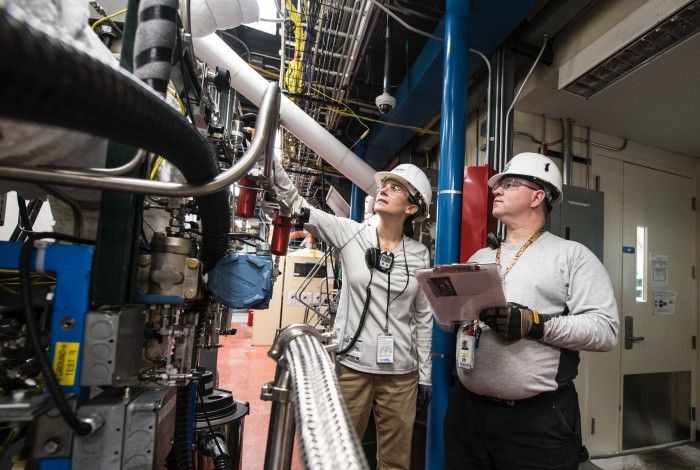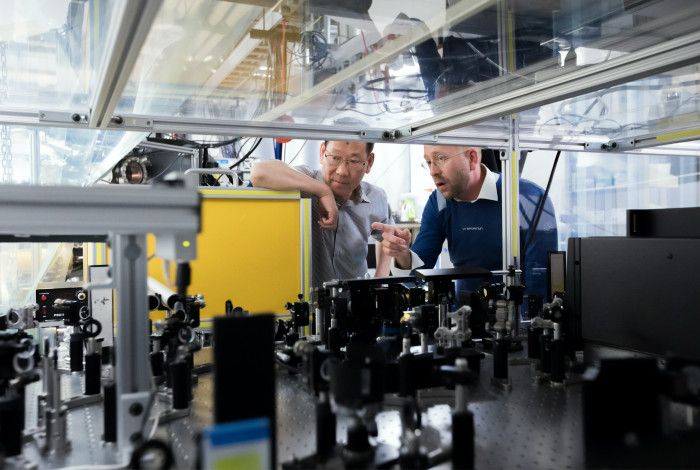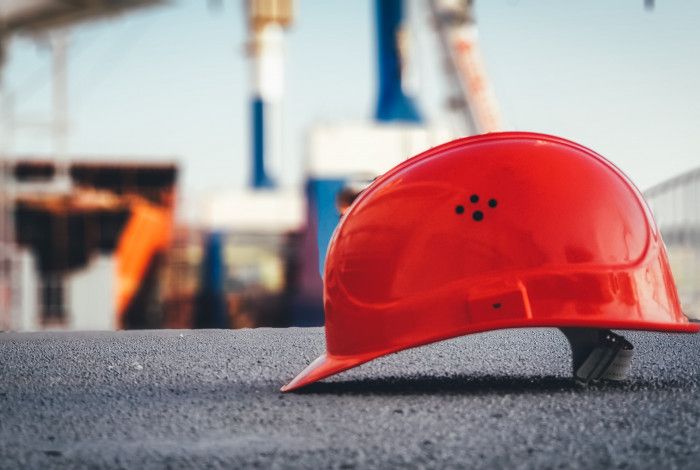As a job seeker understanding workplace readiness skills includes knowing what type of work you want, why it would work for you and understanding the role and its requirements. From an employer's perspective, identifying which workplace readiness skills are required to carry out positions in your workplace contributes to finding and hiring the right candidate.
There are hard skills (your technical knowledge) and soft skills (problem solving, critical thinking, creativity, emotional intelligence and decision making) that employers need in the new technical economy. Having new computer skills or knowing how to code is only part of what new technology demands of workers – it is also about your ability to do the things the computer cannot do – your uniquely human interpersonal soft skills.
The Employment Readiness Scale™ measures a job seeker/employee’s level of work readiness through Employability Factors (Develop Skills), Soft Skills (Build Supports) and Challenges (Manage). ‘Work Ready’ means that with minimal assistance employees can find, gain and keep a suitable job or manage transitions to new jobs.
To understand more about what the Top Ten Skills of the Future will look like for employers, check the video from the World Economic Forum and see which relate to your industry.
Whether you are employed or job seeking, you can benefit from carefully assessing yourself against these skills. As a job seeker, let employers know which skills you have by describing them on your resume and profile and demonstrating how they can be applied by preparing examples.




